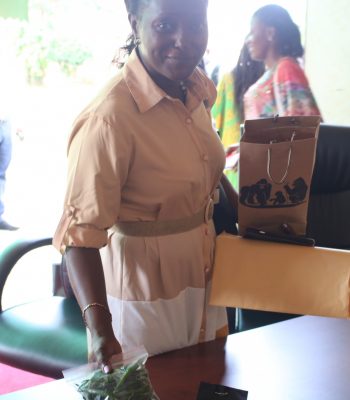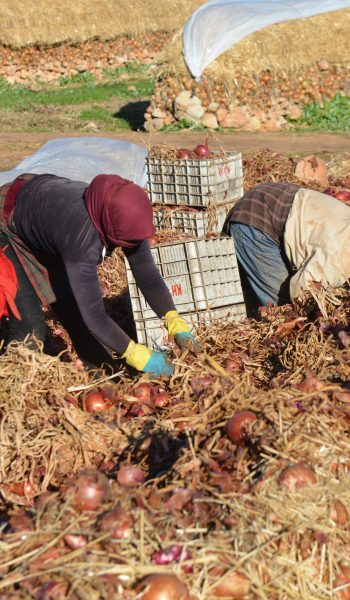FoodLAND adopts a bottom-up approach and bases the initiatives to be carried out on producers’ and consumers’ motivations, needs and choices. The starting point is to draw a picture of consumers’ and producers’ preferences and behaviours, to detect food-related decision-making processes and factors.
Then a training phase is foreseen, aimed to provide local smallholder farmers and food processors with knowledge and conditions about the environmental challenges, technological advancements and consumers’ nutritional needs, for their empowerment and engagement with local, regional and global markets, and thus contributing to the sustainability of food supply chains and the durable development of the rural areas.
Several technological innovations (including new tools, processes and products) will be developed, adapted and validated together with local smallholder farmers and processors, both for farming systems and for food processing systems, to strengthen nutrition-responsive agro-biodiversity and integrated aquaculture systems. In line with these technological innovations, a set of innovative food products will also be released, which aim to help alleviate the nutritional needs, where priority will be given to mothers and children within the first 1,000 days of life.

